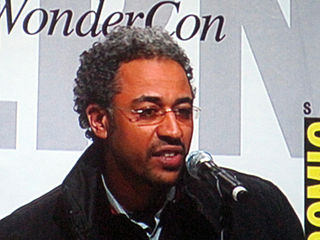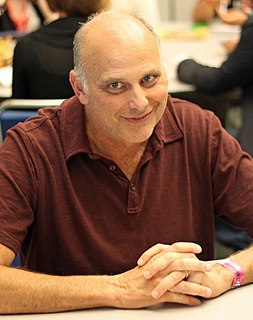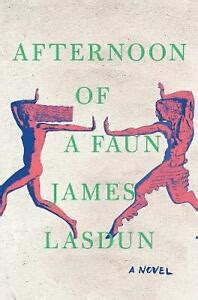A Quote by Janet Evanovich
Writing a graphic novel is hard. It feels closer to a screen play than to a novel.
Related Quotes
Nothing is wrong with you. You're not different. Everybody feels as bad as you do: this is just what writing a novel feels like. To write a novel is to come in contact with raw, primal feelings, hopes and longings and psychic wounds, and try to make a big public word-sculpture out of them, and that is a crazy hard thing to do.
I've no objection to the term 'graphic novel,' as long as what it is talking about is actually some sort of graphic work that could conceivably be described as a novel. My main objection to the term is that usually it means a collection of six issues of Spider-Man, or something that does not have the structure or any of the qualities of a novel, but is perhaps roughly the same size.
I felt there was a certain amount of violence in the graphic and that it could still be cheated on screen so you could still have a hard PG-13 and open up your audience. Anybody can read the graphic novel. If you're 14, you can go out and buy it, and I felt that if you're 14 you should be able to see this movie [The Loosers].
The graphic novel? I love comics and so, yes. I don't think we talked about that. We weren't influenced necessarily by graphic novels but we certainly, once the screenplay was done, we talked about the idea that you could continue, you could tell back story, you could do things in sort of a graphic novel world just because we kind of like that world.
The book is almost always better than the movie. You could have no better case in point than FROM HELL, Alan Moore's best graphic novel to date, brilliantly illustrated by Eddie Campbell. It's hard to describe just how much better the book is. It's like, "If the movie was an episode of Battlestar Galactica with a guest appearance by the Smurfs and everyone spoke Dutch, the graphic novel is Citizen Kane with added sex scenes and music by your favourite ten bands and everyone in the world you ever hated dies at the end." That's how much better it is.
Objectifying your own novel while writing it never really helps. Instead, I guess while you're writing you need to think: This is the novel I want to write. And when you're done you need to think: This is what the novel I wanted to write feels like and reads like and looks like. Other people might call it sweeping or small, but it's the book you chose.
If I'm writing a novel, I'll probably get up in the morning, do email, perhaps blog, deal with emergencies, and then be off novel-writing around 1.00pm and stop around 6.00pm. And I'll be writing in longhand, a safe distance from my computer. If I'm not writing a novel, there is no schedule, and scripts and introductions and whatnot can find themselves being written at any time and on anything.





































